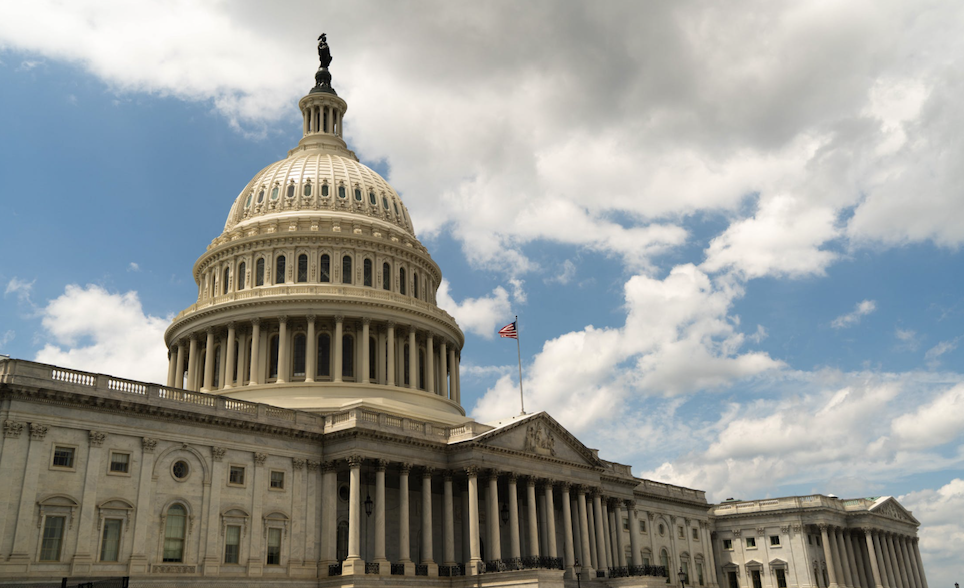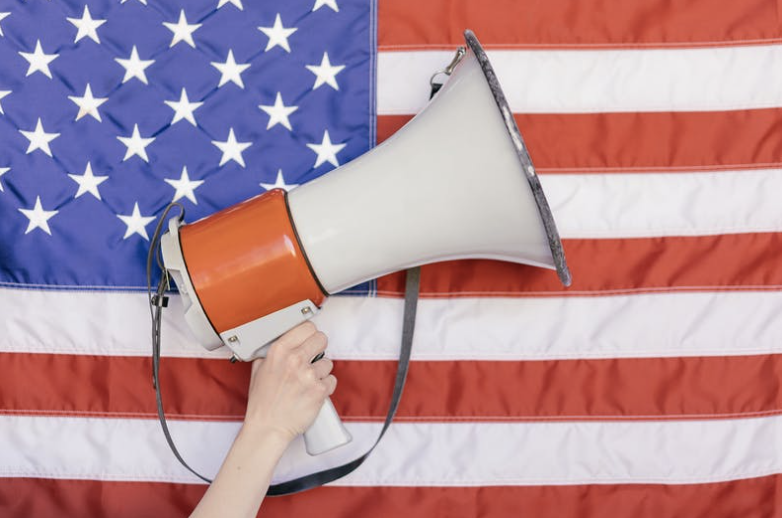Sahiyo’s response to recent Executive Orders by the Trump Administration

To our Sahiyo community, We realize that the past few weeks have been stressful to say the least. With the new administration’s slew of Executive Orders targeting the most vulnerable and the dismantlement of DEI programs at various organizations, we acknowledge that fear and trepidation are on the rise. If you’re in need of support, please check out the resources at the end of this blog. We admit: we’re also concerned. It’s disturbing watching the Trump administration blatantly conflate FGC and gender-affirming care. As we explained in a recent blog, this not only endangers trans and LGBTQ+ youth but also survivors of FGM/C. Additionally, we know that the recent attempt to freeze federal funding has worried many of you given the potential it has to impact critical programs and resources for our community. We want to assure all of you that Sahiyo is working to secure more funding and continue our programing to support survivors. We’re also working hard on no longer relying as much on government funding given it’s not a reliable source these days. To do that, though, we need your help. We understand these are hard times for everybody, but any kind of monetary donation would help us continue our work during the Trump era. Please, if you can, donate here. In the meantime, we hope you are all taking care of yourselves and each other, and know that we will get through this together. With love and in solidarity, Sahiyo Helpful resources: Our partner, the Asian Women’s Shelter, has a helpful crisis line for FGC survivors (1-877-751-0880) Rape / Sexual Abuse / Incest National Hotline (RAIN): 800-656-4673 Members of the LGBTQ community can call 1-866-488-7386 or visit www.thetrevorproject.org The South Asian Network provides a variety of health and wellbeing resources along with useful information to help immigrants protect themselves BlackLine Crisis Call Line: 1-800-604-5841 The National Hispanic Family Health Helpline, Su Familia: 1-866-783-2645 Dial 988 or visit www.988lifeline.org if you or somebody you know are in a crisis or experiencing thoughts of suicide Psychology Today is a large directory connecting you with therapists, support groups, psychiatrists, and other mental health professionals in your area or virtually The ACLU provides information on your rights if you come into contact with or are questioned by immigration officers
Sahiyo condemns recent executive order conflating female genital mutilation/cutting with gender-affirming care

At Sahiyo, we are disheartened and frustrated by the harmful conflation between female genital mutilation/cutting (FGM/C) and gender-affirming care made in a recent Executive Order issued by the Trump Administration. While this is unfortunately not the first attempt made by government officials to co-opt anti-FGM/C legislation to criminalize gender-affirming care for transgender and non-binary youth, the use of the Presidential platform to uplift discriminatory rhetoric and instill fear is shameful and must be addressed. FGM/C comprises all procedures that involve partial or total removal of the external female genitalia, or other injury to the female genital organs for non-medical reasons. The practice has no health benefits for girls and women, and causes severe bleeding, problems urinating, as well as cysts, infections, and complications in childbirth and increased risk of newborn deaths, to name a few negative outcomes. The STOP FGM Act of 2020 made it clear that FGM/C was illegal in the United States. These hard-fought legal protections for FGM/C survivors and those at-risk at the federal level must be preserved by calling out the Trump Administration’s inflammatory rhetoric for what it is: an attempt to dilute the protections already in place to protect survivors of FGM/C, and those at-risk of undergoing FGM/C to harm and discriminate against another vulnerable community. Sahiyo stands with survivors of FGM/C, some of whom also identify as transgender and non-binary, and who have prompted Sahiyo over the years to create programming that can better support their intersectional realities. In fact, Sahiyo studied the intersection between FGM/C and LGBTQIA+ issues in our Critical Intersections Research Project. From our work with survivors, our research, and our experiences, we recognize that there are several key differences between FGM/C and gender-affirming care, namely the fundamental issues of consent and bodily autonomy. FGM/C is a human rights violation performed without consent that compromises the bodily autonomy of children and has negative physical and mental effects that can last a lifetime. Gender-affirming care is a medically necessary form of care that includes a diverse array of interventions to align one’s identity with their sexual characteristics; this care is only provided with the consent of the individual. Research has also shown that these treatments lead to decreased rates of depression, improvement in psychosocial functioning, and minimal long-term side effects. In other words, FGM/C takes away bodily autonomy, while gender-affirming care preserves the bodily autonomy of the individual. For additional information and research, we encourage you to read When Protecting Girls Is Twisted Into Attacking Trans Youth: FGM/C Survivors Fight Back Against Transphobic Right-Wing Narratives. In Solidarity, Sahiyo
